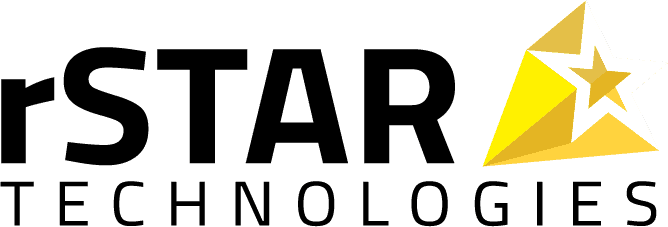When it comes to the best Customer Relationship Management (CRM) platforms, Salesforce is the first that comes to mind, which makes complete sense given that Salesforce is the CRM market leader in North America, Latin America, Western Europe, and Asia-Pacific (including Japan) as of 2022 (source).
Table of Contents
Salesforce Sales Cloud is one of the best CRMs to use in support of B2C and B2B sales, marketing, and customer activities. Some of its features include managing end-to-end operations, creating Salesforce campaigns, managing customer data in one central location, a complete overview of customers, and so much more.
But once you’ve chosen Salesforce Sales Cloud, how can you ensure that you’ll get the best results?
We’ve compiled a list of tips to help ensure the ideal implementation of Salesforce Sales Cloud.
5 Tips to Ensure a Successful Sales Cloud Implementation
Define Business Objectives and Goals
Defining what is most important to your company is vital to align the use of Salesforce Sales Cloud with your vision. Identifying KPIs, target audience, market segments, sales strategies, customer journeys and more is important for manufacturers to stay ahead of their competitors. Doing this provides the clarity needed to help you prioritize requirements and customize Sales Cloud to fit your specific needs.
Customize Sales Cloud to Create a Strong Sales Team
Sales Cloud offers a variety of tools to help users create a platform to fit their specific needs. By customizing Sales Cloud set-up, you can adapt the platform to scale up processes for sales, enhance efficiency and response time, or focus on the dynamic needs of customers with ease. And, if customizing Sales Cloud in-house is beyond your IT team’s expertise (or they don’t have the bandwidth to take it on), we can help. We offer many services to make your Salesforce experience perfect for your company’s needs.
Integrate Sales Cloud with Other Systems
Integrating your ERP and CRM provides a single source of truth for decision makers. Integrated ERP and CRM systems can become a central part of a sales department, enabling data synchronization, process automation, insightful analysis and more for better decision-making. As a result, you will be able to streamline their sales processes and enhance customer experience – creating an efficient customer lifecycle that inspires brand loyalty.
Automate Critical Tasks to Remove Redundancy and Human Error
Automating routine, admin-intensive tasks and processes minimizes manual error and redundancy for a manufacturing sales team. By being able to generate accurate and consistent data from workflows and automated, your sales teams can make quicker and better decisions to best support your customers.
Optimize CX Throughout the Entire Lifecycle
Sales Cloud makes it possible for companies to provide a consistent customer experience throughout the entire customer lifecycle. Users can track and analyze customer’s activity history and purchasing behaviors to gain insights on the best way to close the sale. With this information, your sales team will be able to provide personalized services, improve customer experience, and make informed decisions.
Get Started with Salesforce Sales Cloud
Sales Cloud is a top choice to take your insights further than ever while also being able to customize it to fit your specific needs. Salesforce consulting services and Salesforce consulting companies are also available to help you implement Sales Cloud if you believe you need guidance. We hope our tips and insights helped you figure out if Sales Cloud is right for you.






